Music
Olamide’s “Hello Habibi” Remix features Russ
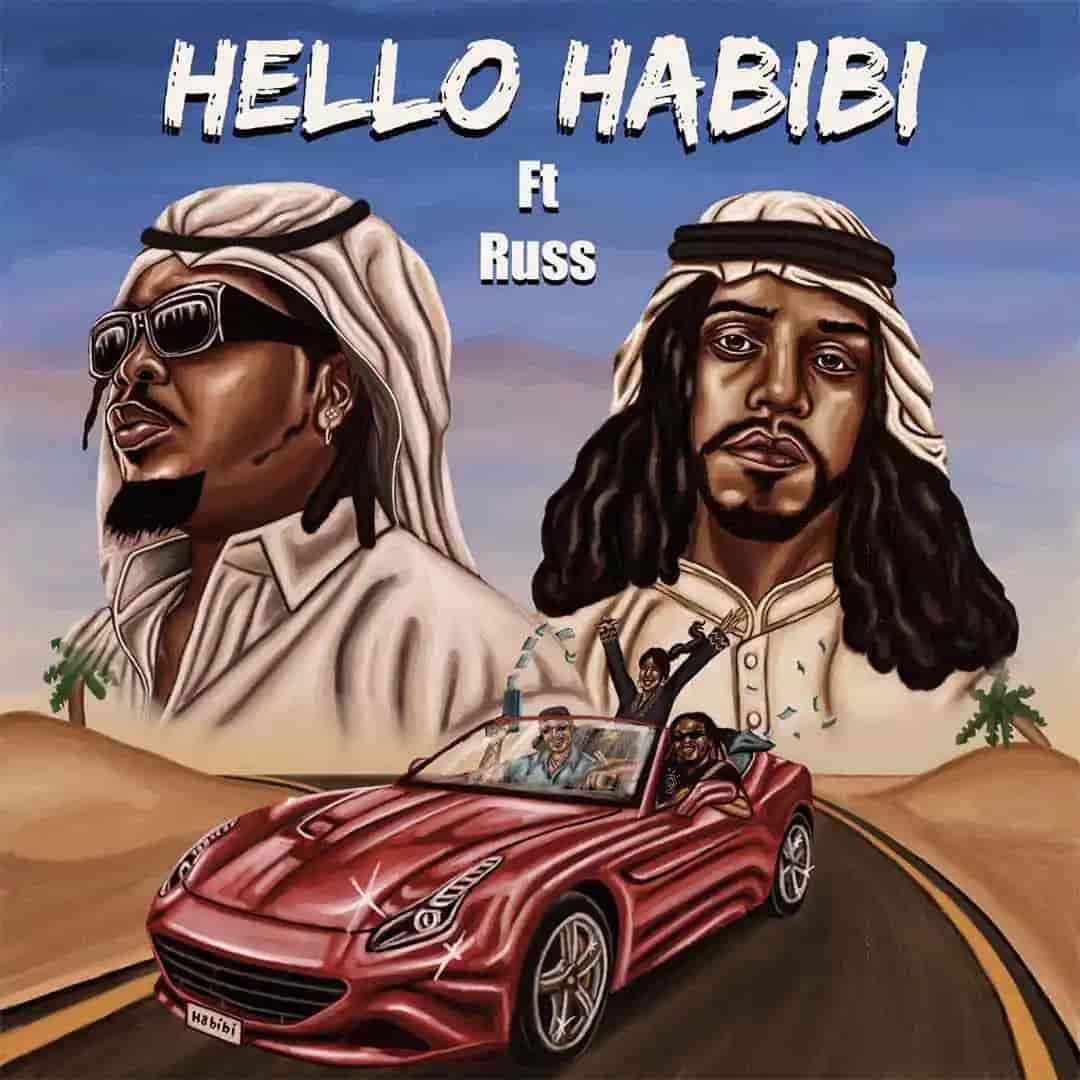
“Hello Habibi” takes another vibe with the new feature with Russ, catapulting Olamide’s Afro-beat masterpiece into global prominence. This highly anticipated remix weaves an enchanting blend of Nigerian rhythms, American hip-hop, and infectious melodies, solidifying Olamide’s status as a trailblazer in Afro-fusion.
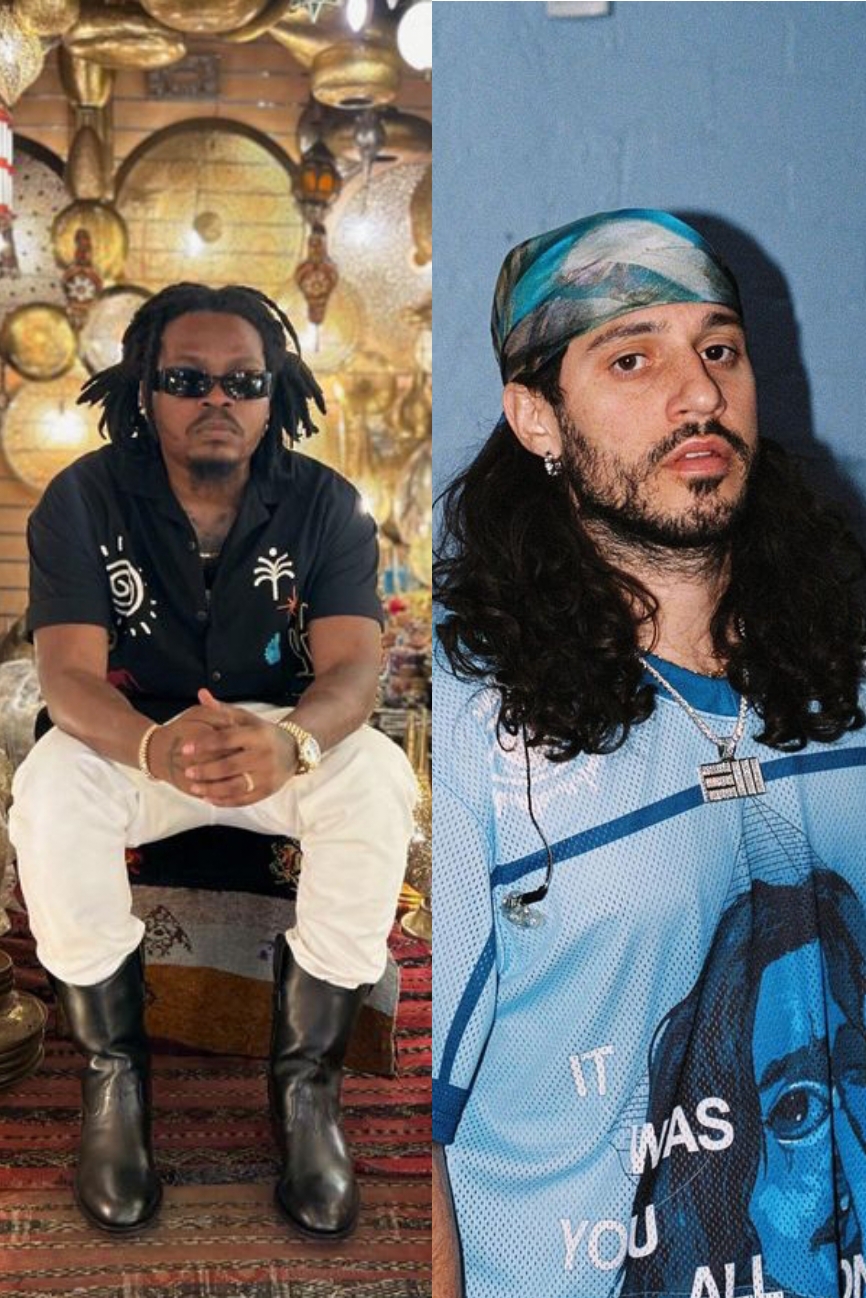
A grided image of Olamide and Russ
The collaboration seamlessly blends Olamide’s signature Yoruba-infused rap with Russ’s soulful, melodic verses and roof top hard raps, Directed by Jydeajala, the track’s pulsating beat transports listeners to vibrant Lagos nights and Atlanta’s dynamic streets. The fusion of cultures, languages, and styles creates an unforgettable synergy.
“Hello Habibi” (Arabic for “hello my love“) explores themes of love, desire, and devotion. Olamide’s verses effortlessly oscillate between Yoruba and English, while Russ’s smooth delivery adds an international flair. Their lyrical chemistry recreates the essence of romantic connections.
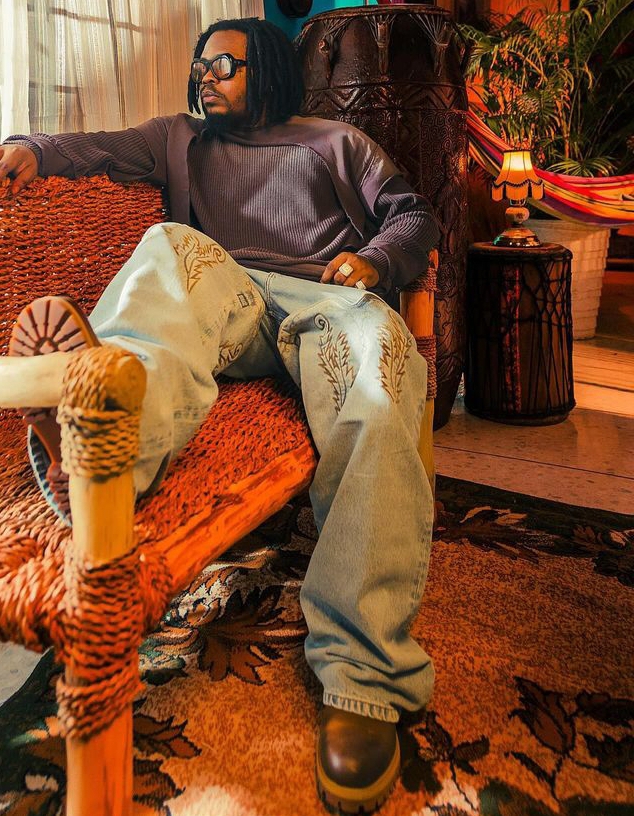
Olamide
Olamide, Nigeria’s Afro-beat king, and Russ, Atlanta’s melodic rapper, forge an unstoppable partnership. Their contrasting styles merge perfectly, showcasing: cultural heritage, vocal versatility, and Lyrical authenticity.
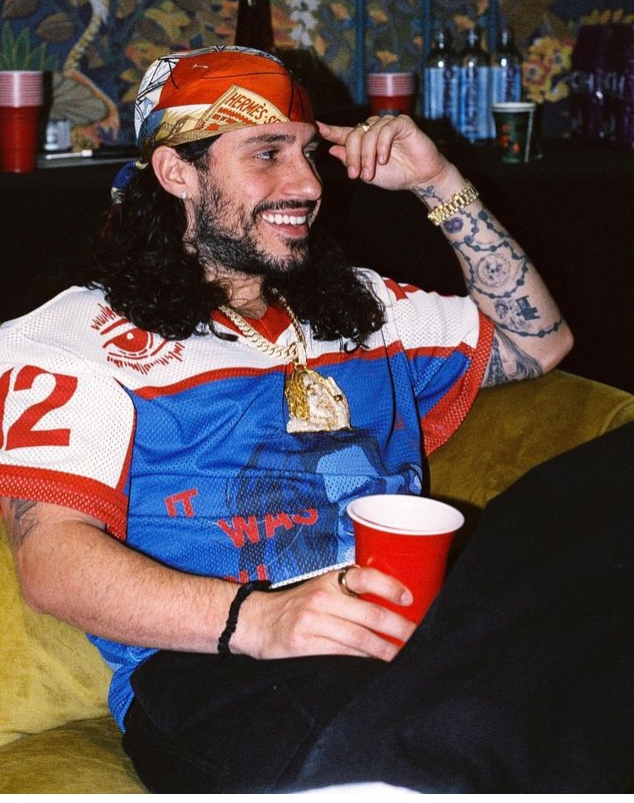
A casual picture of Russ smiling
.”Hello Habibi” (Remix) is more than a song – it’s an immersive experience. Olamide and Russ’s artistic union redefines musical horizons, weaving a timeless tale of love, culture, and rhythm. Stream this unforgettable masterpiece and indulge in Afro-fusion’s captivating essence.
This amazing masterpiece is available on all streaming platforms.
See also: Spyro latest release “Stand by you”
Music
Is There a Deeper Story Behind Tems and Dave’s “Raindance”?
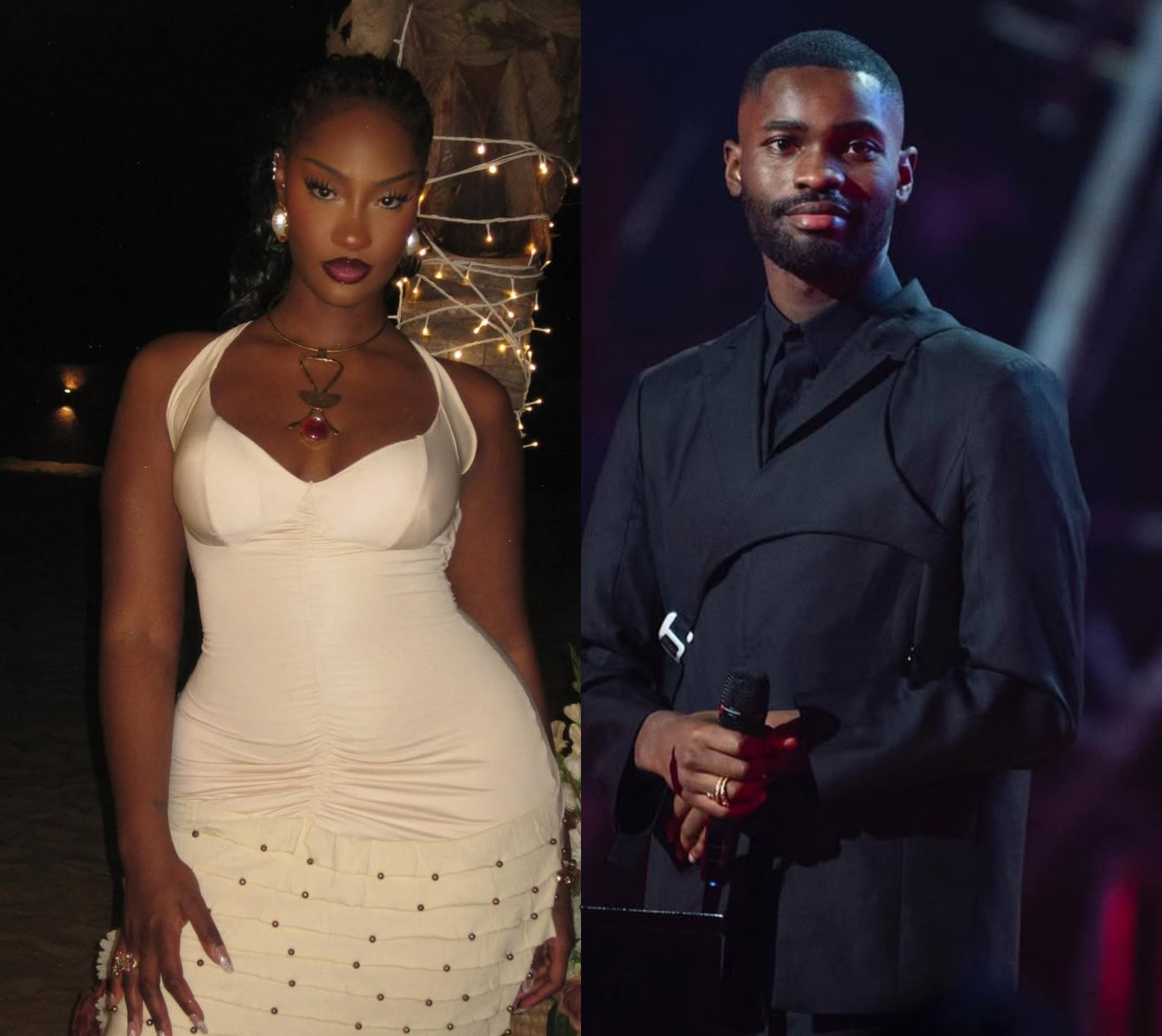
When Dave and Tems released Raindance on Dave’s third studio album, Hold Tight, it quickly became a viral hit across streaming platforms and sparked discussion among listeners worldwide. But the song’s appeal goes beyond its catchy melody and rhythmic production. It reflects a deeper exploration of emotional vulnerability, personal history, and connection between two artists whose collaboration resonates on multiple levels.
Dave, a British rapper known for storytelling grounded in real-life experience, and Tems, a Nigerian singer whose voice has become central to contemporary Afrobeats and soul, approached the track as a genuine creative partnership. This is more than a typical feature; it is an exchange of perspectives and styles. Tems has noted that she trusts Dave in the studio, and the recording process involved real engagement, improvisation, and mutual understanding. This authenticity is evident in the track’s intimate tone.
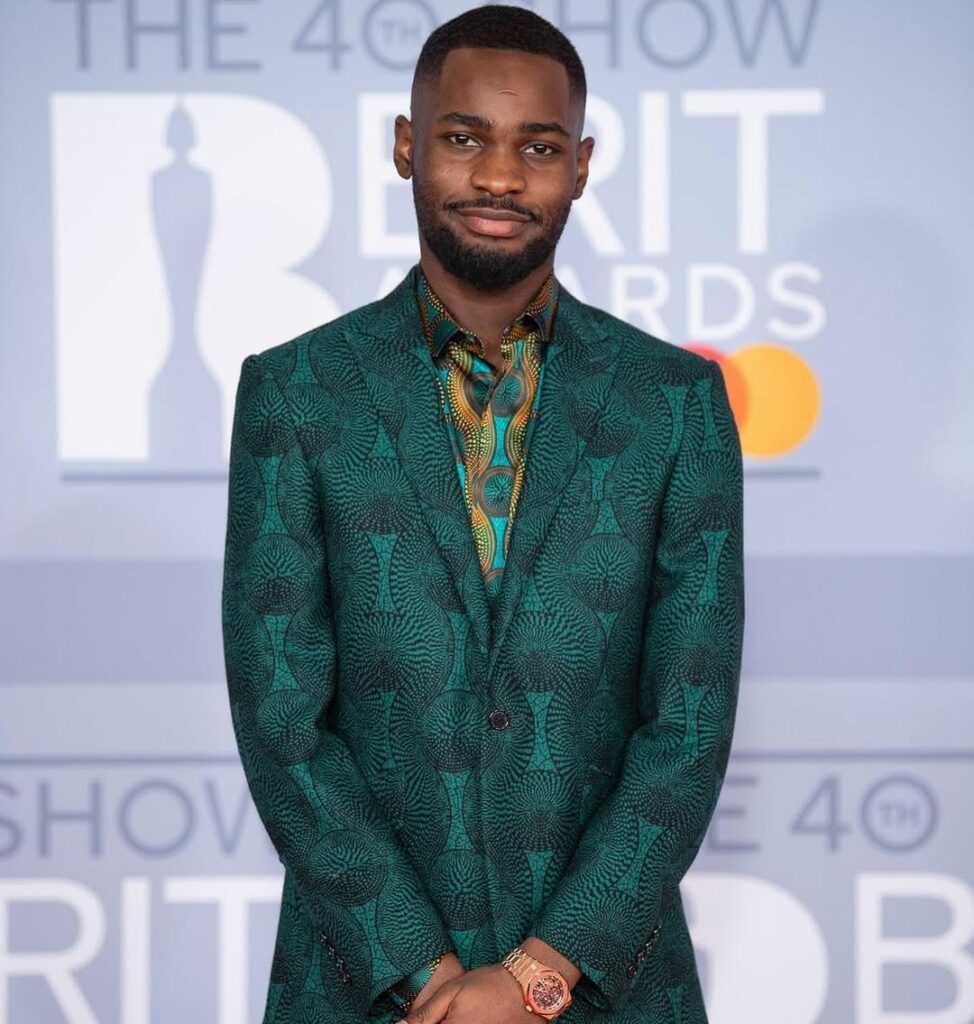
Dave – Instagram
The rain imagery in Raindance is not just part of the song’s visual style. It serves as a metaphor for navigating uncertainty and emotional complexity. Dave’s verses detail guardedness, the challenge of opening up to someone new, and the desire to reshape personal narratives around connection and intimacy. Rain represents the work required to confront past experiences and allow vulnerability to emerge.
Tems’ contributions are essential to this dynamic. Her chorus provides a counterpoint to Dave’s introspection, conveying certainty, attentiveness, and emotional presence. Together, their interplay transforms the song into a dialogue rather than a one-sided reflection. Listeners witness two perspectives negotiating trust, openness, and mutual understanding.
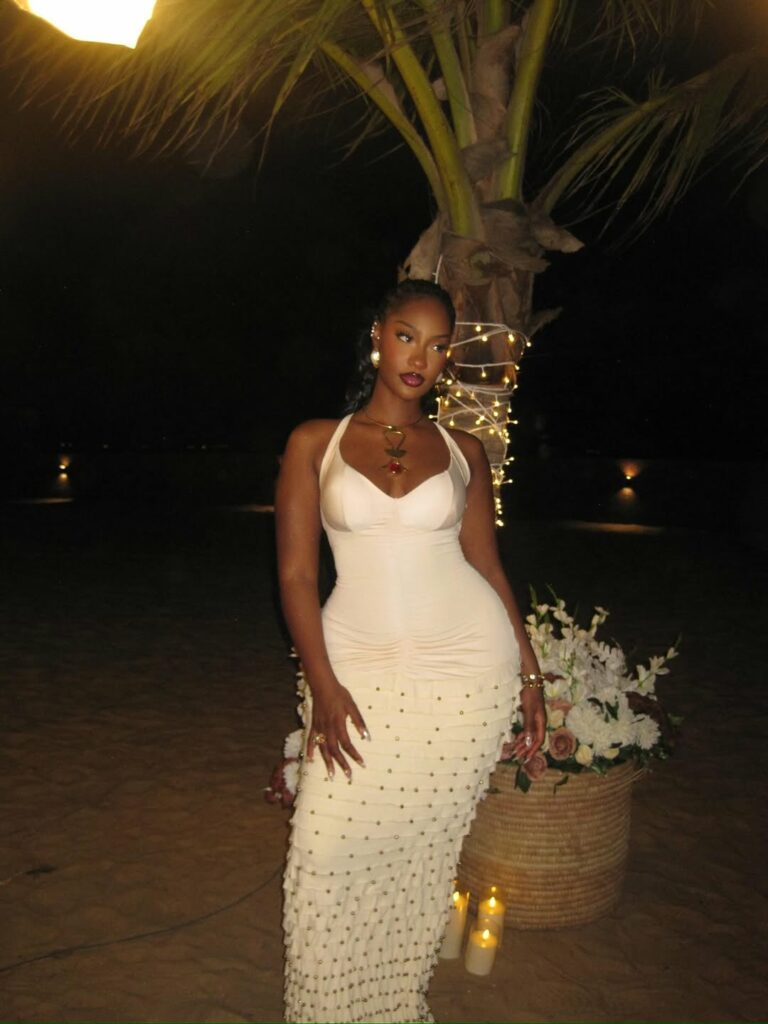
Tems – Instagram
The Raindance music video further emphasizes this interaction. The visual storytelling, including shared space under open skies, subtle glances, and movement through water, reinforces the tension and chemistry in the song without confirming any real-life romance. The ambiguity encourages the audience to focus on the emotional exchange itself rather than speculation about the artists’ personal lives.
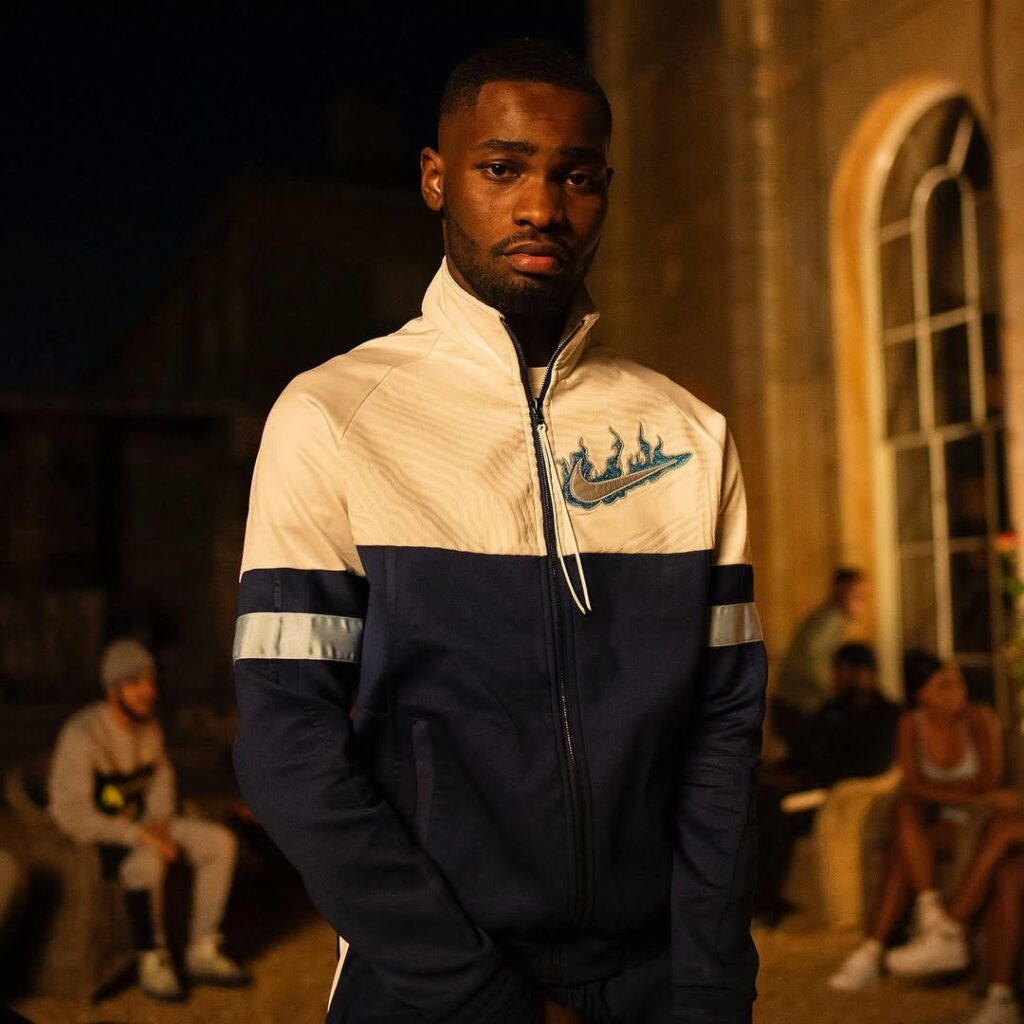
Dave – Instagram
At a time when much mainstream music focuses on high-energy hits or immediate gratification, Raindance stands out by exploring hesitation and openness simultaneously. It does not offer easy answers about love or relationships. Instead, it reflects the complexity of emotional negotiation, the work of letting someone in, and the shared effort required to build connection.
Ultimately, Raindance is a study of emotional rhythm and collaboration. It shows how two artists can navigate personal histories, trust, and vulnerability together, creating a track that resonates because it captures the subtleties of human connection, while keeping listeners engaged with a sound that is both immediate and layered.
Music
Ayra Starr, Tyla, Moliy and Shaboozey Earn 2026 iHeartRadio Music Awards Nominations
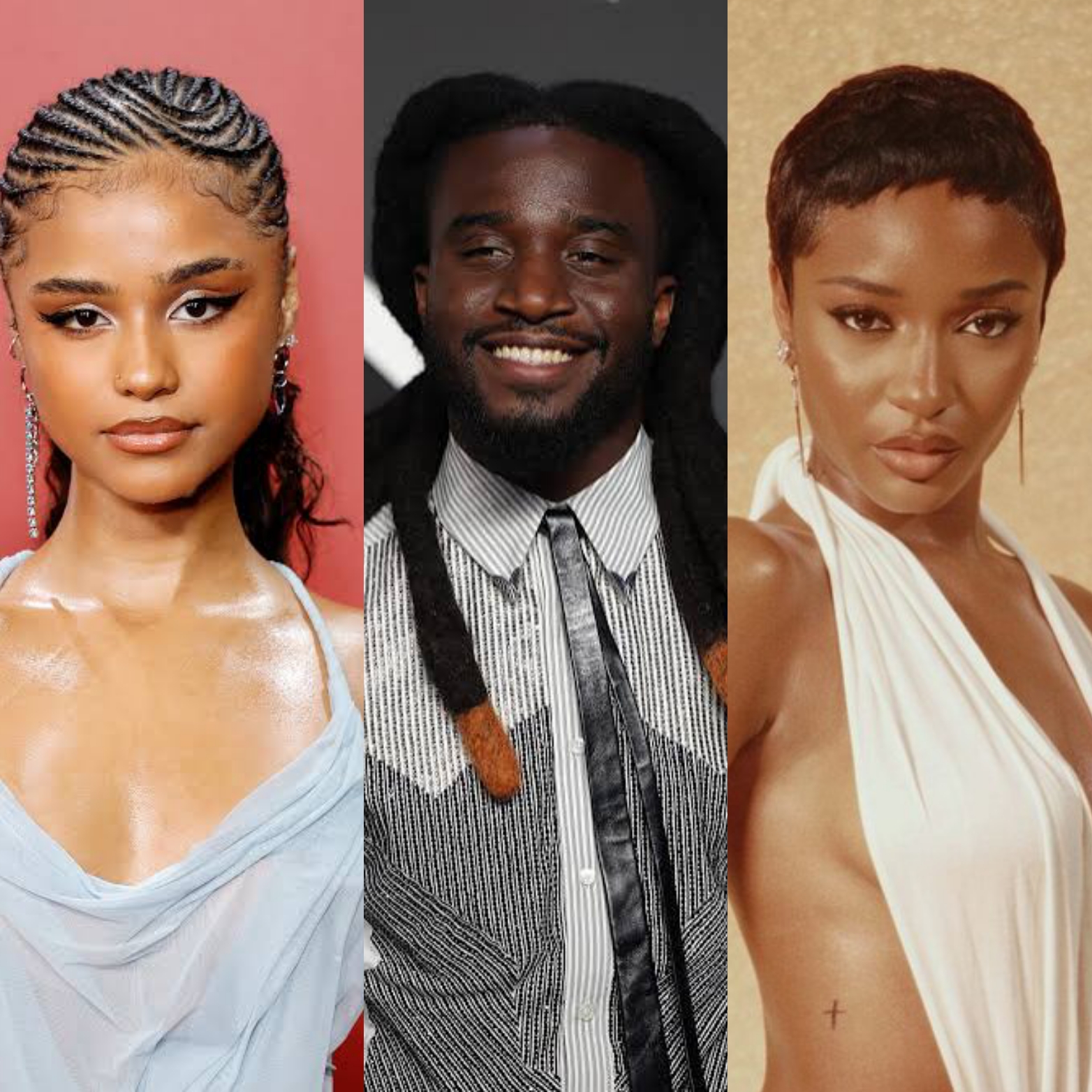
The 2026 iHeartRadio Music Awards nominations were announced, and Nigerian singer Ayra Starr, South African star Tyla, Ghanaian-American artist Moliy, and Nigerian-American singer Shaboozey were all nominated.
For Nigerian fans, Ayra Starr’s nomination has particular significance. Songs like Rush have stayed in global radio and streaming circulation, and her inclusion places her among some of the biggest names in world music.
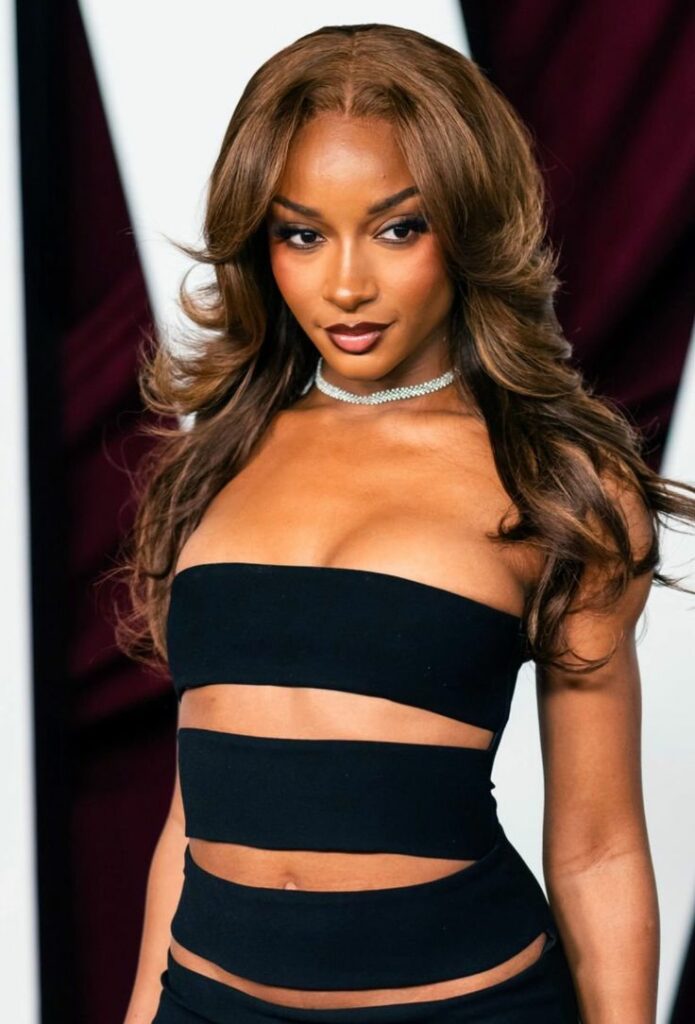
Photo Credit – Pinterest
Tyla appears in the same category. The South African singer has helped take amapiano into global pop spaces and her nomination reflects how widely the sound has spread.
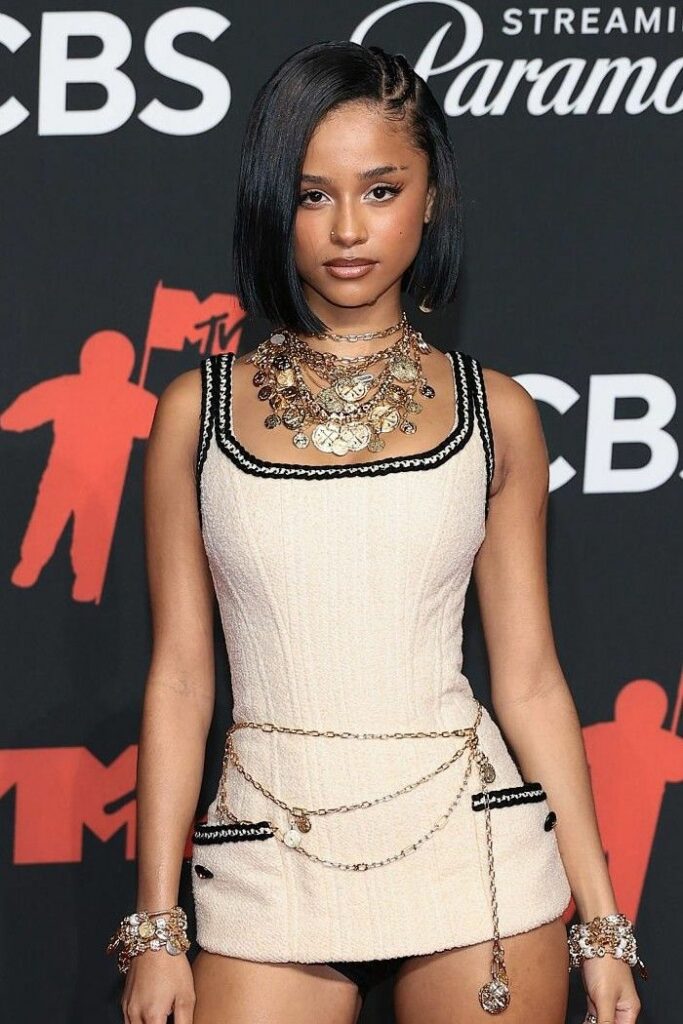
Photo Credit – Pinterest
This year, Moliy earned multiple nominations, including World Artist of the Year and Best New Artist (Hip-Hop). Her music spans multiple genres , and the recognition points to her growing reach outside Africa.
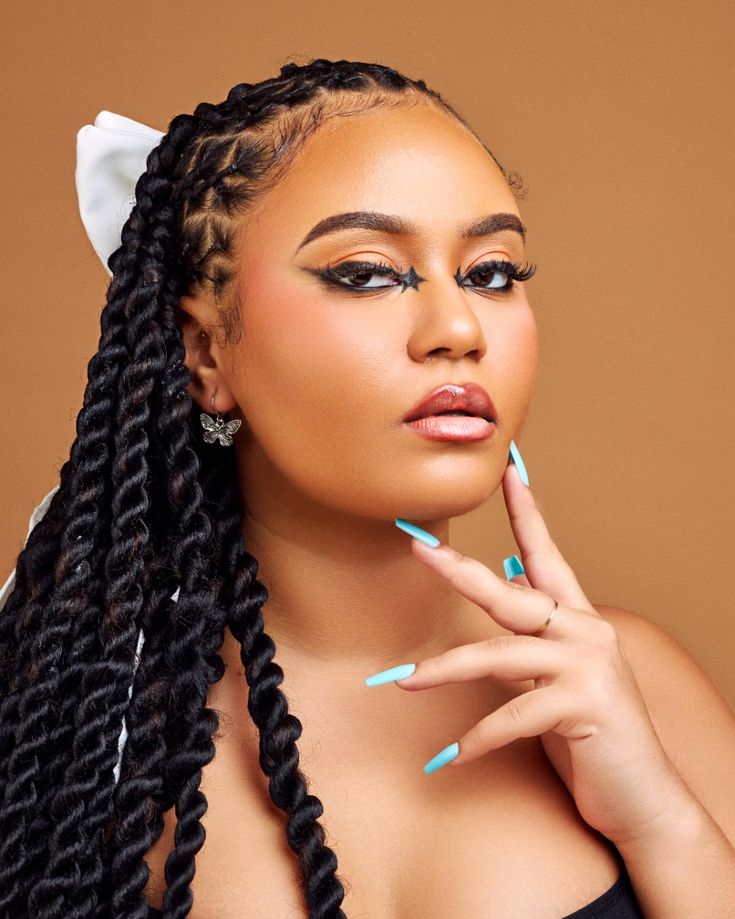
Photo Credit – Pinterest
Shaboozey is nominated for Song of the Year with “A Bar Song” (Tipsy). It is uncommon to see an artist with African roots recognised in a U. S-centric award space, which makes his inclusion notable.
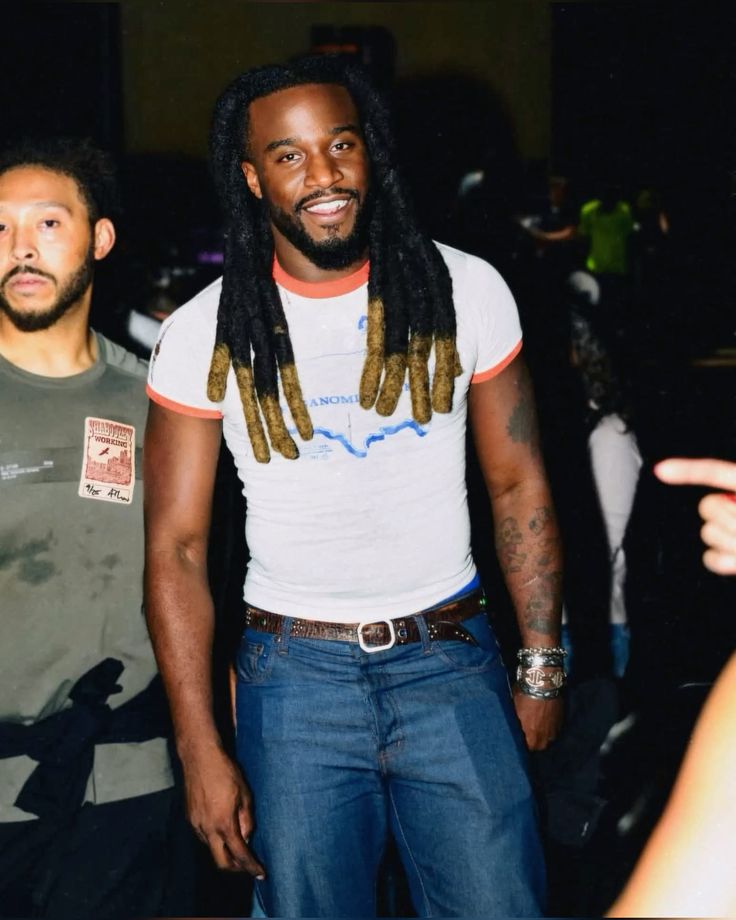
Photo Credit – Pinterest
A few years ago, this mix would have seemed unlikely.
The awards ceremony will take place on March 26, 2026. With Ayra Starr, Tyla, Moliy, and Shaboozey on the list, African artists are firmly part of the global awards conversation.
Music
Adekunle Gold Honoured With Plaque After Historic Sold-Out Night at the National Theatre
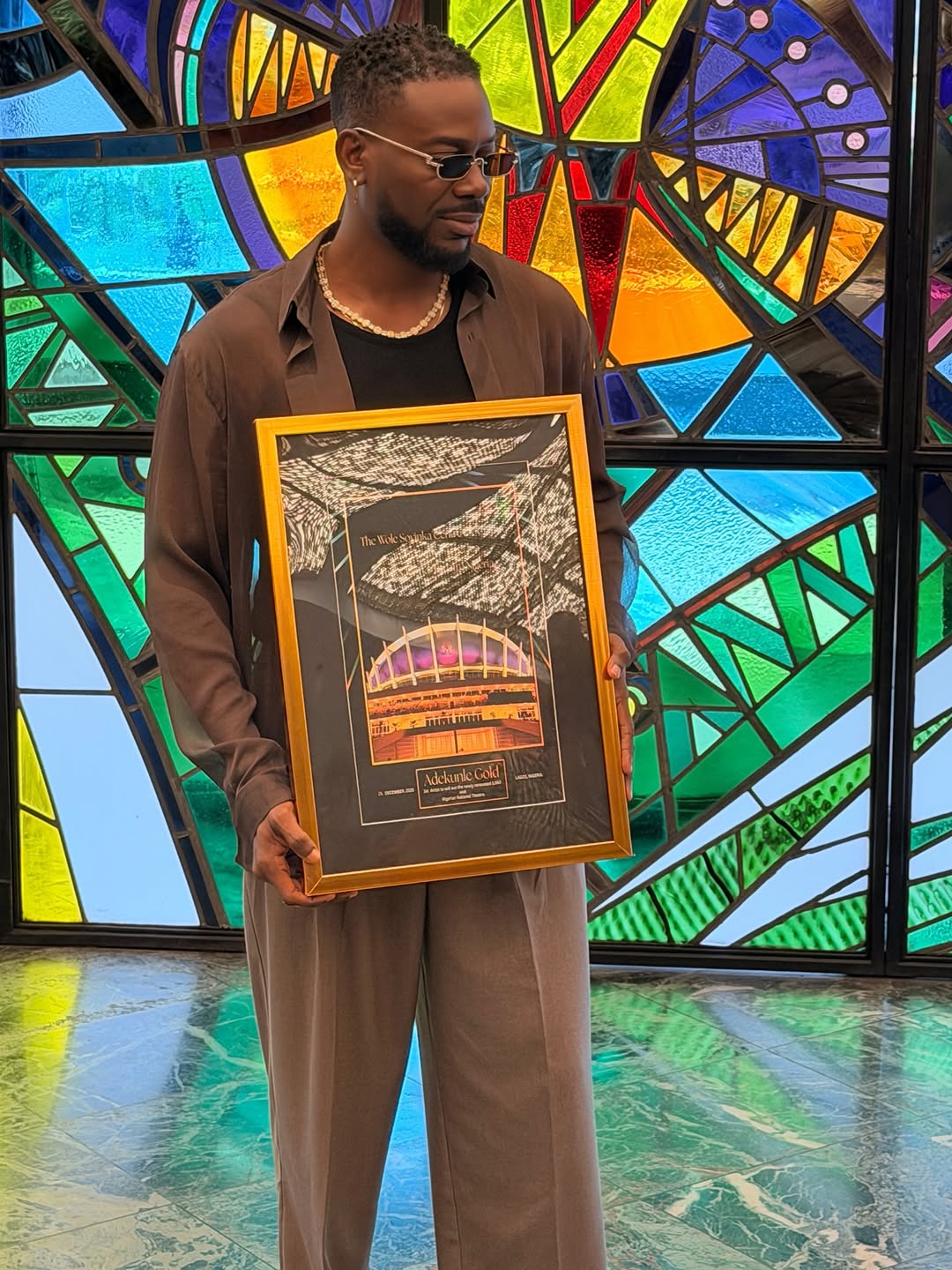
Adekunle Gold became the first artiste to sell out the newly renovated National Theatre, following it’s renaming as the Wole Soyinka centre for culture and creative arts. His concert on December 26, 2025, filled the 3,500-capacity hall just weeks after it’s reopening.
The performances spanned all six albums, with a strong focus on his Fuji project. The 55-piece MUSON Orchestra joined his band, The 79th Element, enhancing the richness of the life performance. Olamide hosted. Davido performed Only God Can Save Me, while Adewale Ayuba and Yinka Ayefele joined the lineup.
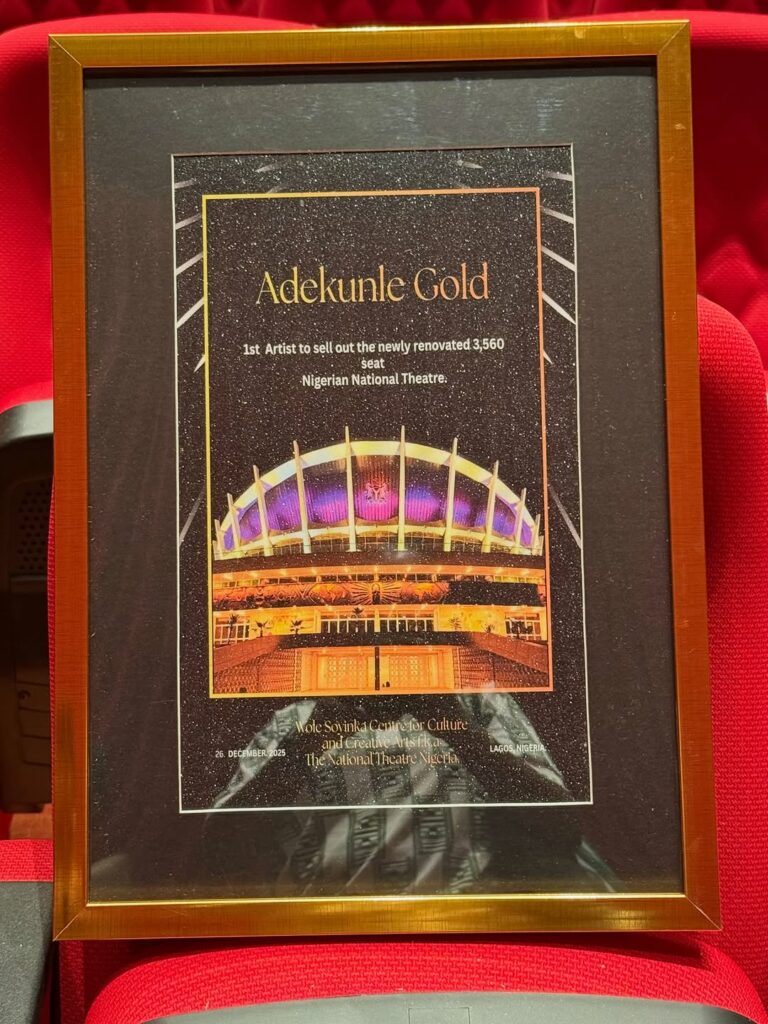
Adekunle Gold – Instagram
After the show, Adekunle gold received plaques. One honoured him as the venues first sell-out headliner, while the other was presented to his label. He later thanked fans on social media and announced dates for his North America tour.
Social media quickly filled with videos of the orchestra and guest appearances, with fans describing the night as a key moment for live shows in Lagos.
With improved sound and seating, the National Theatre is once again hosting major acts. Adekunle Gold’s set ran for over two hours, blending fuji, highlife, and afrobeats.
The crowd sang along to hits like High as well as new Fuji tracks, with lights and screens moving in sync with the music.

Adekunle Gold – Instagram
The plaque ceremony took place backstage, where officials from the Wole Soyinka Centre for Culture and Creative Arts handed them over. Photos from the moment spread across Instagram and X (formerly Twitter), as fans trended #AGNationalTheatre.
Fans have since described the show as setting a new standard for concerts. Lagos venues are already booking more dates. Adekunle Gold is set to release new music in 2026, with North America tour dates beginning soon.
-

 Celebrity Style4 months ago
Celebrity Style4 months agoMercy Aigbe Keeps it Sharp in Ivory Dress
-
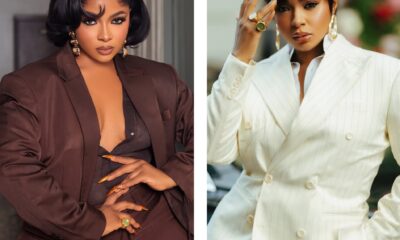
 Celebrity Style5 months ago
Celebrity Style5 months agoTwo Ways to Wear a Suit, According to Liquorose
-
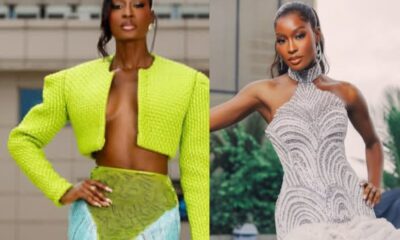
 Models5 months ago
Models5 months ago5 of Damilola Bolarinde Best Looks
-

 Celebrity Style4 months ago
Celebrity Style4 months agoBella Okagbue Puts a Spin on Feminine Suiting
-

 Fashion5 months ago
Fashion5 months agoBella Okagbue Clean London Look
-

 Fashion4 months ago
Fashion4 months agoTeminikan Experiments with Geometry in a Woven Mini
-
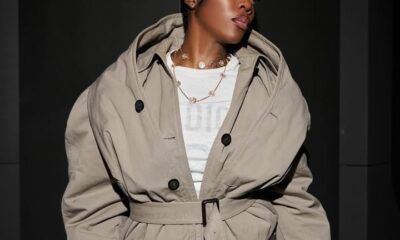
 Music5 months ago
Music5 months agoTiwa Savage Was in New York for Her Album Media Run
-

 Celebrity Style5 months ago
Celebrity Style5 months agoTiwa Savage Ties Up New York in Style
-
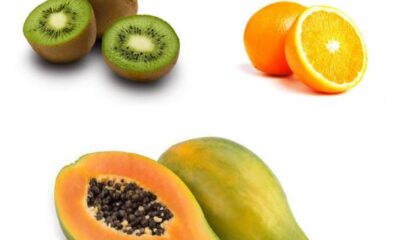
 Health5 months ago
Health5 months agoWhich Fruits Are Highest in Calcium?
-

 Lagos Fashion Week3 months ago
Lagos Fashion Week3 months agoLagos Fashion Week’s Earthshot Prize Win Highlights a Changing Direction in African Fashion Production




















